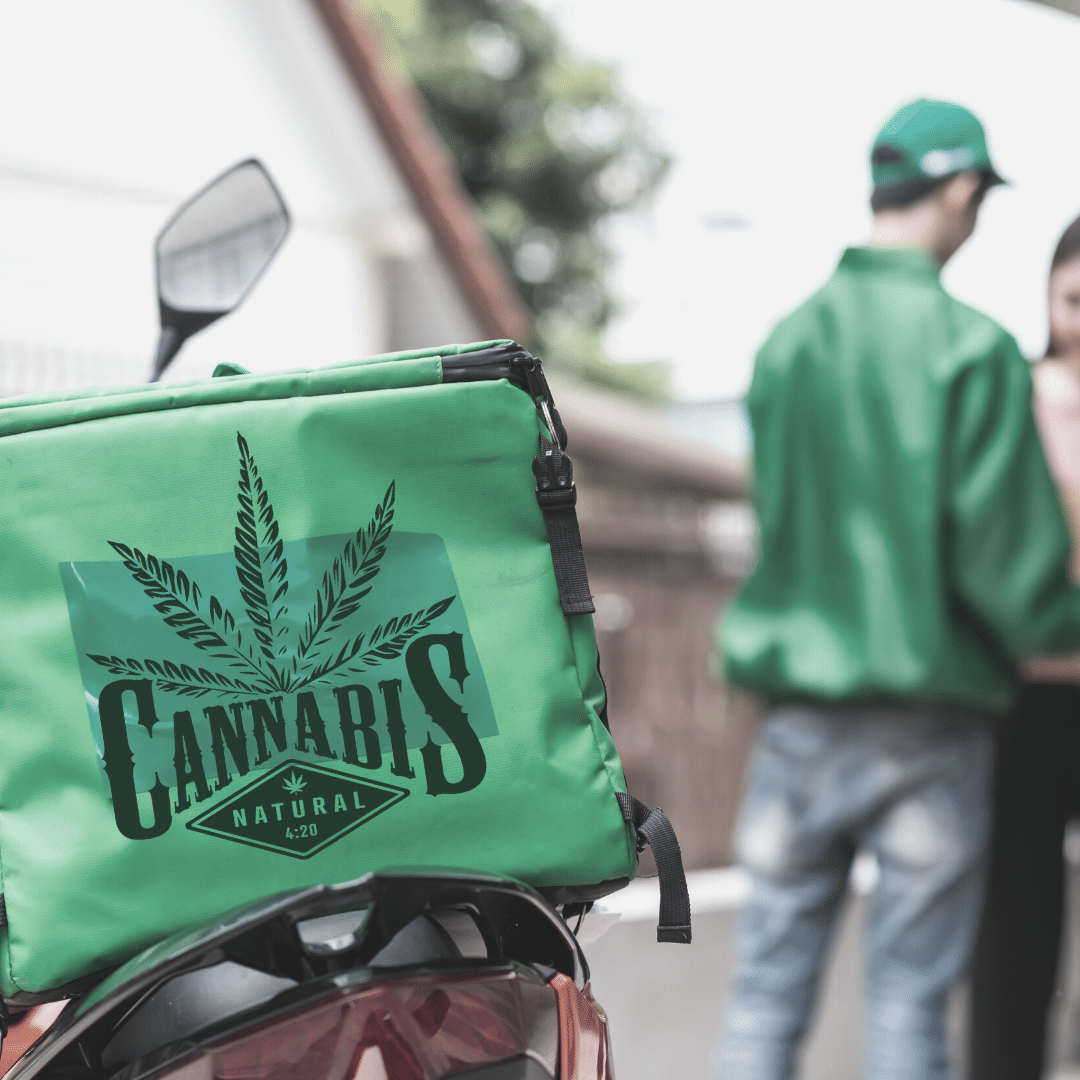Budding Cannabis Vertical: Delivery
As the cannabis delivery market continues to expand in response to changing consumer demands, businesses must adapt to new operational challenges. This includes understanding the importance of appropriate insurance coverage, such as hired and non-owned auto (HNOA) insurance, to mitigate risks associated with delivering cannabis products. With many companies forced to rethink their delivery strategies during the pandemic, ensuring proper protection is crucial for navigating this evolving landscape effectively.

Article Summary
If there’s been one positive of COVID-19, it’s been the growth of a new cannabis vertical, one that a number of other industries have experienced in the on-demand age, and that’s cannabis delivery. While there was certainly companies that engaged in cannabis delivery prior to 2020, COVID solidified the need for cannabis delivery companies. With the need for delivery, there is also a need for property insurance and HNOA coverage for those entity engaging in the delivery space.
What Is HNOA Insurance?
Delivery services have their hands full, literally and figuratively. Naturally, the uptick in delivery requests creates new concerns and issues for those in the weed delivery service sector — which seems like everyone nowadays.
However, hired and non-owned auto (HNOA) insurance provides solutions to many problems surfacing. For example, when an employee uses their vehicle for deliveries, a personal auto insurance policy won’t cover any damage caused in an accident because it’s business-related. That’s where an HNOA insurance policy steps in to help.
An HNOA insurance policy is specifically designed for employees who use personal or rented vehicles for business purposes. This policy covers medical payments and liability for vehicles that businesses hire or borrow, such as employees using their own cars to make business deliveries.
Naturally, businesses offering weed delivery services are the perfect case for this approach. Keep in mind that HNOA doesn’t cover employees on their commute to work or any personal errands they run during working hours. It’s strictly a business policy, used only for commercial reasons.
Who Needs HNOA Insurance?
One of the most challenging aspects of navigating a pandemic is that none of us have ever done it before. That said, there’s a good chance that no one reading this clip experienced anything like COVID-19. Therefore, not a single one of us knows precisely what to do in these unique virus-induced circumstances. We’re merely trying — but we’re trying together.
Pandemic-Induced Delivery Services
Business owners have been forced to think outside of the box, searching for innovative ways to generate revenue. Delivering goods and services is a legit option. However, in the hustle and bustle of brainstorming, many owners had more on their minds than mitigating risk and exposure. After all, avoiding a deadly virus is scary enough, let alone the dwindling cash flow.
As a result, not all business owners acknowledged that this new money-making avenue also comes with fresh-faced exposures. If a business didn’t offer a cannabis delivery service before the pandemic, likely, their current insurance policy doesn’t cover any delivery service risks.
HNOA is the appropriate protection for businesses launching a cannabis delivery service for the first time. Plus, many insurance carriers are forgiving the absence of delivery risk management standards. Others offer short-term policies to coincide with the pandemic’s duration. Several solutions are available. The key is to work with a seasoned insurance expert who knows what your business needs to thrive amid challenging times.
Expanded Delivery Services
Many businesses already offered delivery services — but it was more of a luxury than a necessity for customers. Now that the variables regarding the virus have changed, businesses are increasing their delivery services. Vamping up this particular service means adding new people to the team of drivers, using more employee vehicles, and facing added exposures.
Remember, insurers figure your coverage and premium using multiple factors, including:
- Hired:Cost of hire.
- Non-owned:Number of employees and location.
- Miles driven
- Radius of driving
- Frequency of driving
Suppose a business already purchased an acceptable HNOA policy but was forced into a more significant delivery operation. Does the business’s current policy cover the new, extended team and fleet?
Any vehicle that isn’t registered to the company requires an HNOA policy to adequately protect the business — even new ones that will only be a “temporary” option. While we all hope that the pandemic will end soon, no one can say for sure when we’ll stop feeling the impact of it. In the meantime, we’re here to help you through tricky and complicated business situations you might face.
Understanding the details of what coverage your company needs can be a confusing process. AlphaRoot specializes in knowing the risks your industry faces to make sure you have adequate protection. Feel free to reach out to us, and we’ll walk you through the process of finding the right policy for you.

